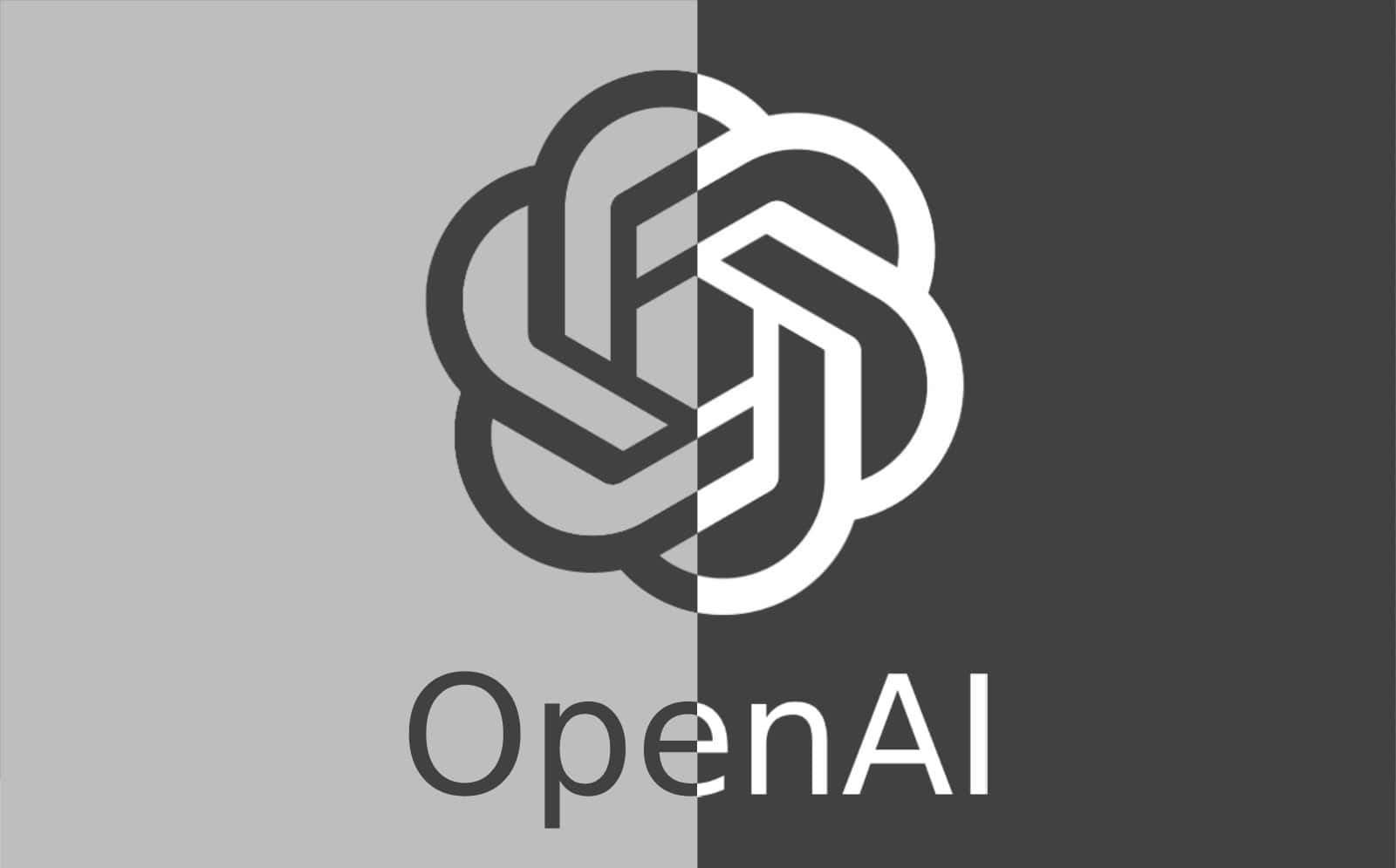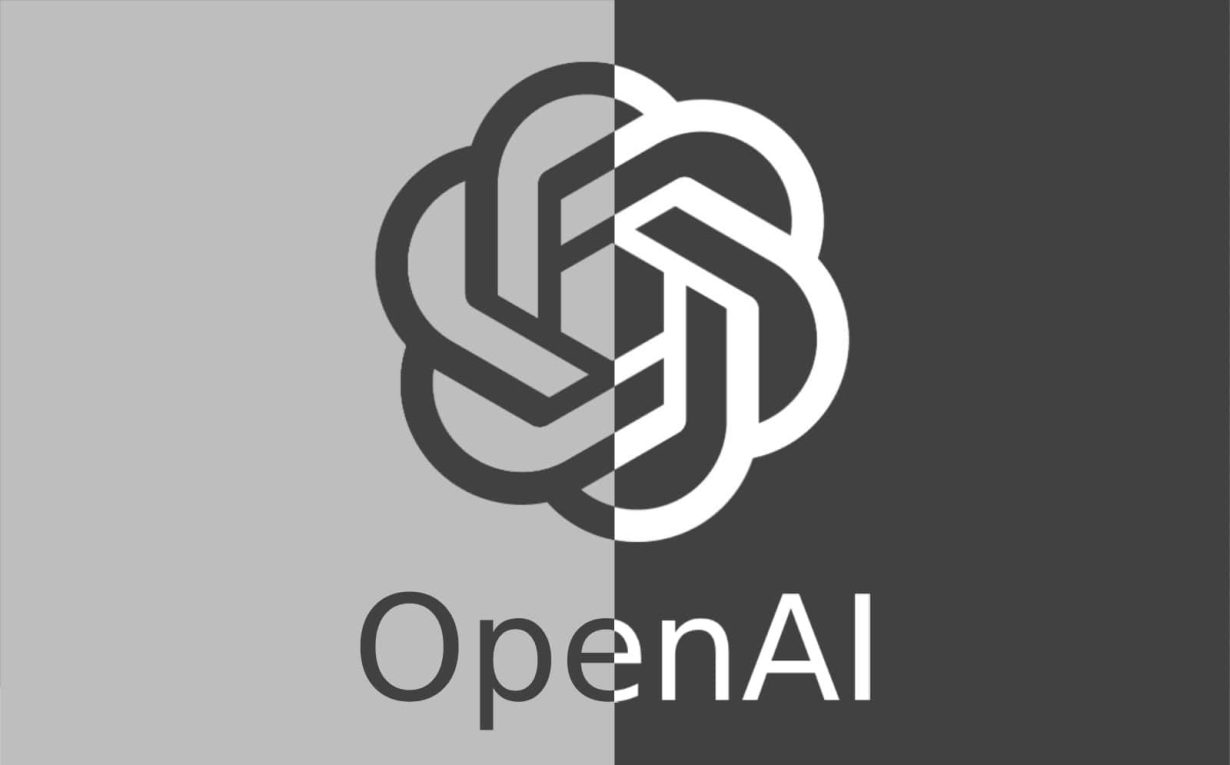Suchir Balaji, an OpenAI whistleblower and former employee, tragically passed away in his San Francisco apartment. Balaji, just 26, had been vocal in his opposition to the way ChatGPT obtains its training data. The Office of the Chief Medical Examiner (OCME) determined suicide as the cause of death.
Suchir Balaji, OpenAI whistleblower, found dead with suicide as official cause
Balaji took his first steps in OpenAI working on WebGPT, a GPT-3-powered web search engine. Earlier this year, OpenAI released a prototype of an “evolution” of WebGPT, known as SearchGPT. This development aims to be a key part of the future of GPT-based services. The company has expressed its intentions to offer an AI-powered browser integrating SearchGPT into ChatGPT.
Suchir Balaji was also part of the pre-training team for GPT-4. He was also on the development team for the o1 models focused on deep reasoning on complex problems. He even participated in the post-training for ChatGPT.
AI-related copyright lawsuits made him question his work
The former employee resigned from OpenAI after four years when he concluded that the technology he was working on could be harmful to creators and publishers. He started to have doubts after witnessing the numerous copyright lawsuits that AI companies, including OpenAI, were facing.
“When I tried to understand the issue better, I eventually came to the conclusion that fair use seems like a pretty implausible defense for a lot of generative AI products, for the basic reason that they can create substitutes that compete with the data they’re trained on,” Balaji said in October in an X/Twitter post. He was one of the few who questioned OpenAI’s handling and data collection.
Many of his former colleagues publicly expressed their sadness at his passing. “We are devastated to learn of this incredibly sad news today and our hearts go out to Suchir’s loved ones during this difficult time,” OpenAI told TechCrunch through a spokesperson.
Balaji believed that OpenAI’s data management was not fair to publishers
The topic of copyright in the AI segment is still very sensitive. AI-based developments took over the tech industry at a speed that outpaced lawmakers. While artificial intelligence advanced, legislation on the matter was still a long way off. Even today, many regions do not have AI legislation that publishers, creators, and AI developers can act on.
Faced with this, AI companies took as much content as they could from the internet. Later, this resulted in complaints from publishers demanding fair compensation. As the media voiced their concerns, AI companies began to negotiate significant agreements with major media platforms, allowing them to legally access their content through their AI tools.
However, some cases remain unresolved because both parties cannot reach a convincing agreement. For example, OpenAI and Microsoft are facing multiple lawsuits from names as big as the New York Times, among others.
The post OpenAI whistleblower found dead at his San Francisco apartment appeared first on Android Headlines.

Source: ndroidheadlines.com
